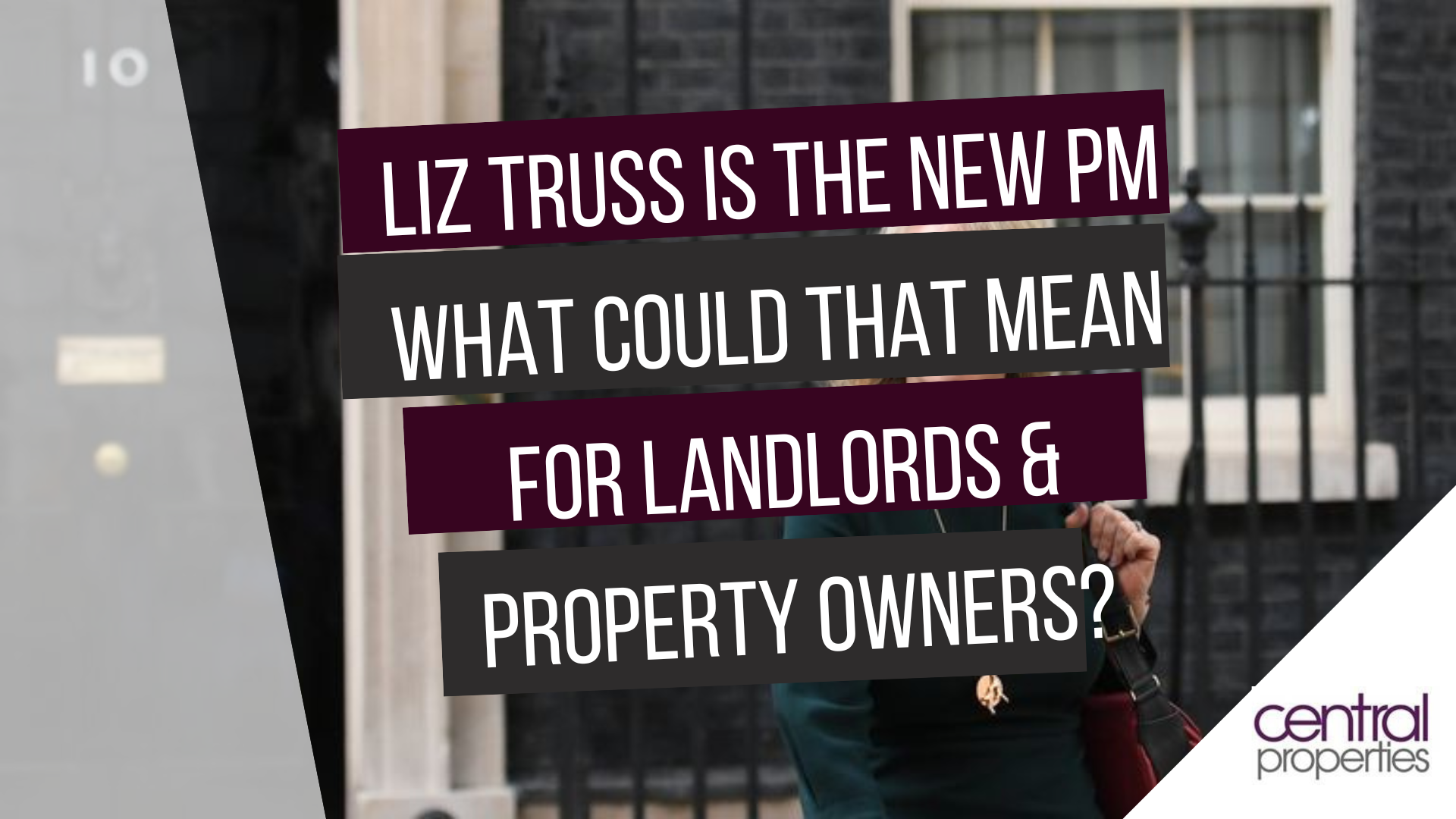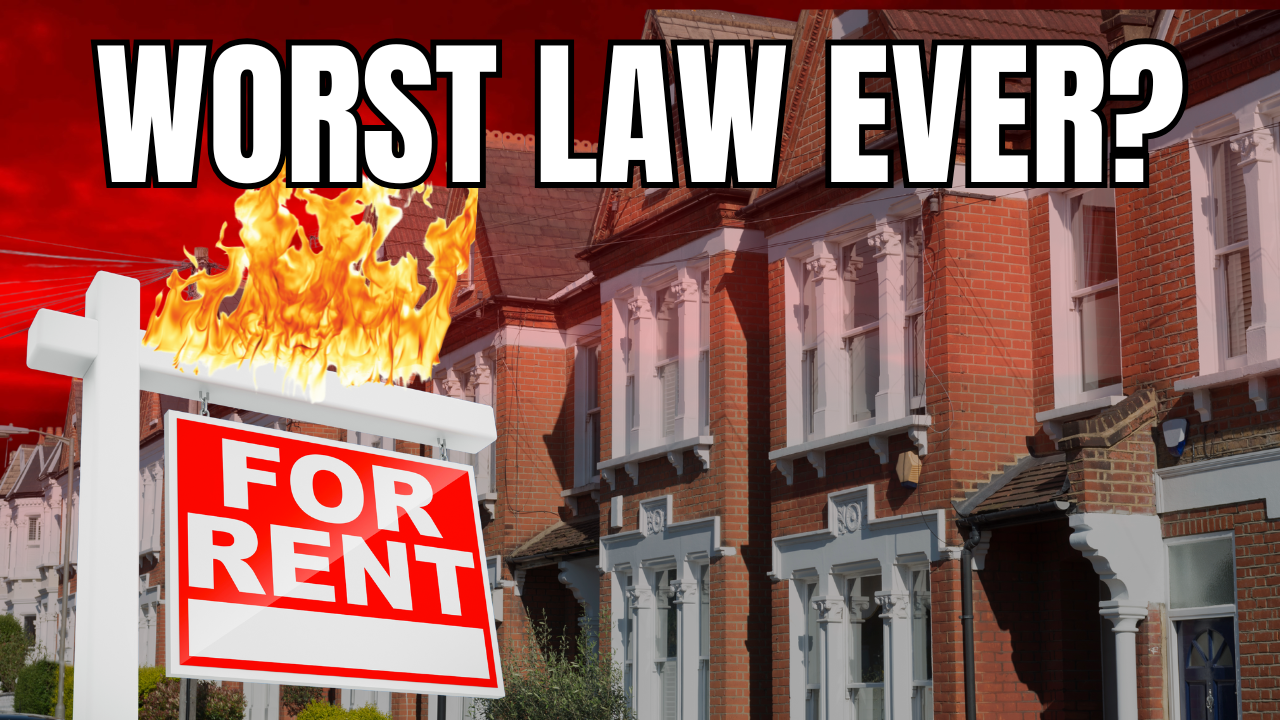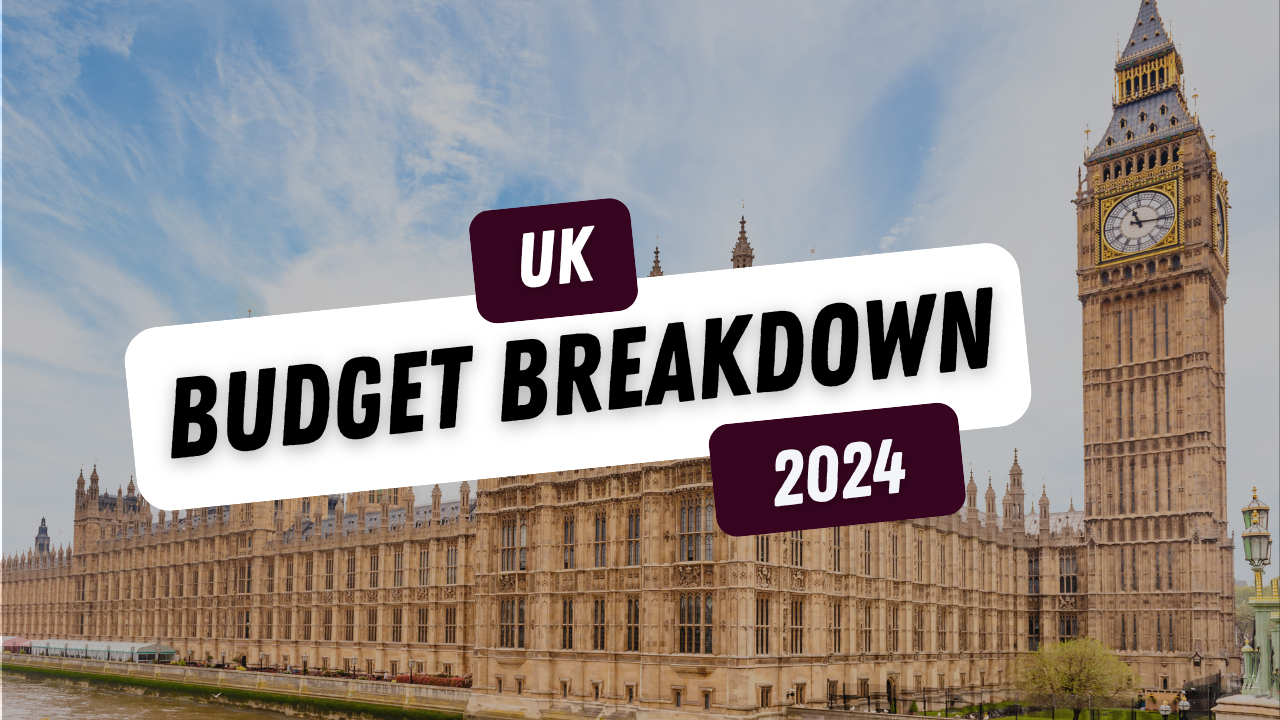
After eight weeks of debates and Conservative party hustings, Liz Truss has beaten Rishi Sunak to the Prime Ministerial position and will take office with the economy in as dire a state as it's been since the 1970s.
Here are just a few issues requiring immediate attention:
• Inflation is already at 10.1% and predicted to speed up
• Investors are betting interest rates will reach 4.75% by May 2023
• Energy costs are set to rise by 80% on 1 October
• The Bank of England is already expecting recession by year-end
• Labor groups are discussing a nationwide strike
Liz Truss has not published her plan for government, but based on the campaign trail here are some of her positions on key issues:
Energy Crisis
Based on current price cap projections the average home energy costs are set to rise to almost £6,500.00 by June 2023, so the cost of heating our homes is the biggest priority for many.
Truss has refused to set out what she would do to combat soaring energy costs if she became prime minister, but has not ruled out a government-imposed freeze on bills.
Truss has promised an announcement on how to help people with bills within her first week in No 10 if elected, but declined again to give any details so we'll wait and see what policy emerges.
Taxes
Truss's clear economic priority is to cut taxes, a move she insists will reboot a stalled economy and help people with soaring energy bills.
She has promised to reverse the recent increase in national insurance and to cancel a scheduled rise in corporation tax, at a combined cost of about £30bn a year.
According to Truss "I would not do the corporation tax hikes because I think it's vitally important that we're attracting investment into our country." Something most landlords operating Ltd companies will welcome.
While Truss has said her plans would be paid for by fiscal headroom and delaying the repayment of Covid-related debts, critics have argued she will need to borrow considerable sums, at potentially expensive rates, at some cost to the economy.
Kwasi Kwarteng, expected to become chancellor under Liz Truss and who closely shares her beliefs about the need for a lower-tax, low-regulation economy, conceded that helping people with energy costs and enacting immediate tax reductions would lead to government borrowing increasing for a time, but promised a "fiscally responsible" approach.
Still, such talk is unnerving financial markets, with the worry that a bigger budget deficit funded by lower taxes will prove even more inflationary and that tinkering with the BOE will also be unsettling.
"I would not do the corporation tax hikes because I think it's vitally important that we're attracting investment into our country."
New Homes
According to Truss, she will apparently "rip up red tape that's holding back housebuilding and give more power to local communities".
Is this the first step in some radical changes in planning and development? Or is it an empty slogan, doomed to failure? Time will tell.
First Time Buyers
Truss has said she will support more first-time buyers into homeownership by allowing rent payments to be used as part of the affordability assessment for a mortgage, a widely supported action by both sides of the political isle, as well as those of us in the industry.
Planning
According to Truss "In our cities, I think we should be building up more ... we should make more of the space we have."
Could this lead to deregulation in planning for cities?
Bank of England
Truss has previously criticized the BOE's handling of inflation and calling for a review of its mandate, She wants to see more coordination between the BOE and the rest of the government, in terms of both monetary policy and financial regulation.
Having a central bank more aligned with political party policies is not something that history tells us will work out in the long run!
Truss has campaigned for the job promising to slash taxes and deregulate the economy but such talk is unnerving financial markets, with the worry that a bigger budget deficit funded by lower taxes will prove even more inflationary and that tinkering with the BoE will also be unsettling.
Some observers, including senior Tory MPs, have warned that Truss's economic plan risks fueling inflation, and could push up interest rates.
But with economy in dire straights, some decisive action is needed.
The first point of action is how will she look to address energy crisis.
Sources:
https://www.politico.eu/article/elizabeth-truss-uk-tory-government-policy-manifesto/#economy
https://www.bloomberg.com/news/newsletters/2022-09-05/what-s-happening-in-the-world-economy-truss-set-to-inherit-1970s-uk-economy
















